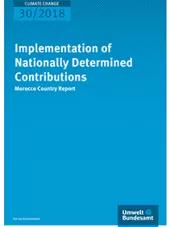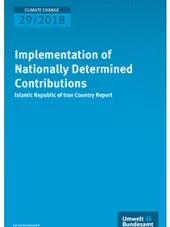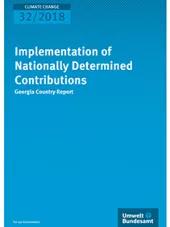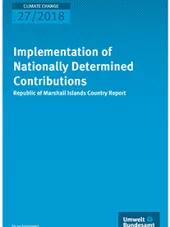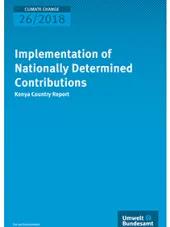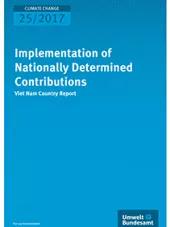To hold temperature increase to the levels agreed on in the Paris Agreement, countries will have to revisit their mitigation plans and identify options to strengthen them. Additionally, industrialised countries in particular will have to identify areas where cooperative solutions with developing countries and emerging economies can be most fruitful. As all countries have highly different predispositions and mitigation options will therefore be highly diverse, such an analysis needs detailed knowledge of national circumstances, technical mitigation options and on-going political processes in order to give constructive options for ambitious climate policy and targeted support to countries for its implementation. In this project NewClimate together with Wuppertal Institute has compiled and analysed quantitative and qualitative information on climate protective policies and actions as well as future options for deeper emission cuts in Ethiopia, Georgia, Indonesia, Iran, Kenya, Colombia, Morocco, the Marshall Islands, Peru and Vietnam. The results of our analysis will enable the German Environment Ministry (BMUB) and the German Federal Environment Agency (UBA) to enter into fruitful and constructive dialogue with these countries on realistic options to strengthen their climate policies.
We have analysed all relevant areas of mitigation policy: countries’ NDC’s, as pledged in Paris, technical potential for further GHG mitigation, in particular options to phase out coal use, and institutional structures relevant for implementing climate policies and actions within the countries.



